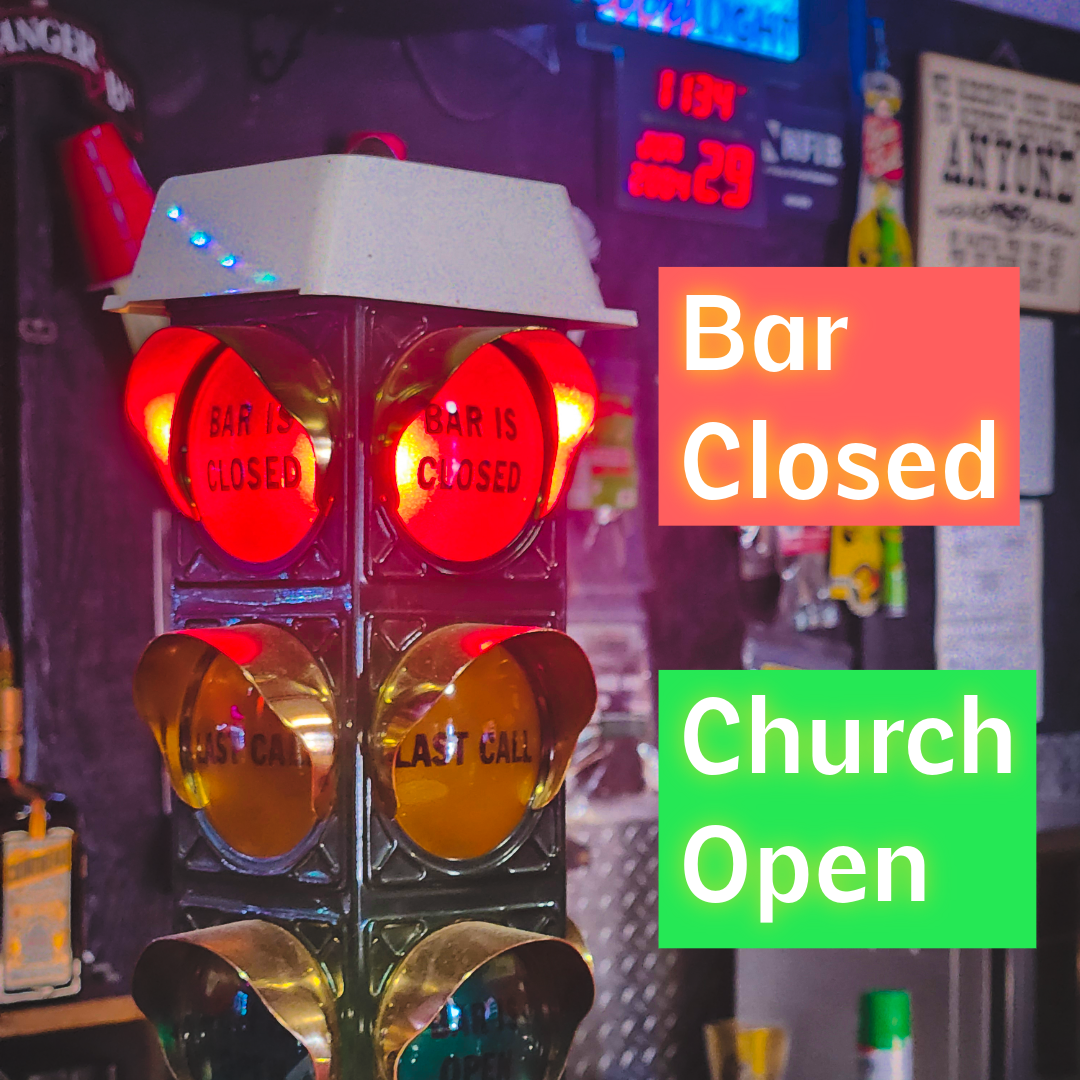
How’s your church doing financially? Good? Paying the bills? Struggling? What’s a budget? For a lot of congregations, finances can be a concern. We’re in a difficult economy and it’s hard to predict whether things will get better or worse. There are lots of variables that impact the finances of a local church.
Often, we might be prone to think in terms of what we don’t have: “we need more people to give more.” I think a more fruitful approach is to start with what is already in hand: “what do we have as a church that we can utilize for Kingdom objectives?”
Recently, we’ve been blessed by the work of some friends at The Church Economists who aim to help local congregations rethink how they can become financially sustainable ministries. One of their convictions is that Tithes and Offerings alone will be unable to completely fund most ministries in the years to come, but churches can utilize what they’ve been given (land, buildings, relationships) to create revenue streams that help fund the ministry of the church. Often, these multiple streams of income require a separate nonprofit entity or even a for-profit entity to help handle the funds properly.
Here’s a practical example. Many of our church buildings sit unused for most hours during the week. Is there a need in your community that your building space could meet by offering space for rent? Is there another nonprofit in the community that needs office space that your church could provide in exchange for rent? Most of our churches have a building, but rather than making revenue from it, they are funneling resources into it. Many churches have found success in reversing this relationship.
Another avenue to explore is creating a separate nonprofit entity to support the work the church is doing in the community. By doing this, the nonprofit entity may be eligible for grants and gifts that aren’t available to a church. For instance, perhaps your congregation houses a food pantry as part of your ministry to the community. It may be wise to place that ministry under a separate nonprofit to become eligible for funding that is not available to a church.
What has excited me most in exploring the theme of financial sustainability is the intersection of mission and finance. For a long time, we’ve encouraged local churches to ask the question “If your church ceased to exist, would anyone in your community notice or mourn it’s loss?” In other words, are you demonstrating the Good News of Jesus in your community in a way illustrates the truth of Matthew 5:16: “In the same way, let your light shine before others, that they may see your good deeds and glorify your Father in heaven.”? If you’re not doing good deeds in your community, you need to get started because it’s a vital part of our witness. If you’re doing good deeds, there may be ways to fund that ministry beyond just the general budget of the church (tithes and offerings).
Recently, I got to visit a congregation that was living this out in several ways.
- The building they use for their meeting space is a large retail space. They rent a large portion of the building to a local fitness center – that helps underwrite the cost of the building. They use the rest of the space for their worship space, kid’s ministry, etc.
- They also house a food pantry, homeless ministry and work with folks struggling with opioid addiction – those ministries are organized under a separate nonprofit that enables them to apply for grants and funding that would not be available to the church.
- In addition, they rent space to a counseling center and medical clinic that helps meet the needs of their community while providing rental revenue to support the work of the church. This church was helping to transform an area of their city while doing so with multiple streams of revenue that sustain their ministry.
We have a few churches that have stepped into this space across the CGGC, but I believe we’ll need even more in the years to come. If you're church is ready to make the leap, here are some foundational questions to start asking:
- What are the needs in your community that need to be addressed?
- How could your church help address those needs?
- What has God given your church that might help provide the resources to sustain ministry for the long term?
You might be surprised to find you have far more than you think!
Christ’s Peace,
Lance
CGGC eNews—Vol. 19, No. 25





Login To Leave Comment